- Browse
- World History
World History Courses
World History courses can help you learn about major events, cultural developments, and the impact of historical figures across different eras. You can build skills in critical analysis, research methodologies, and effective communication of historical narratives. Many courses introduce tools such as timelines, primary source analysis, and digital archives, which enhance your ability to interpret historical data and connect past events to contemporary issues.
Popular World History Courses and Certifications
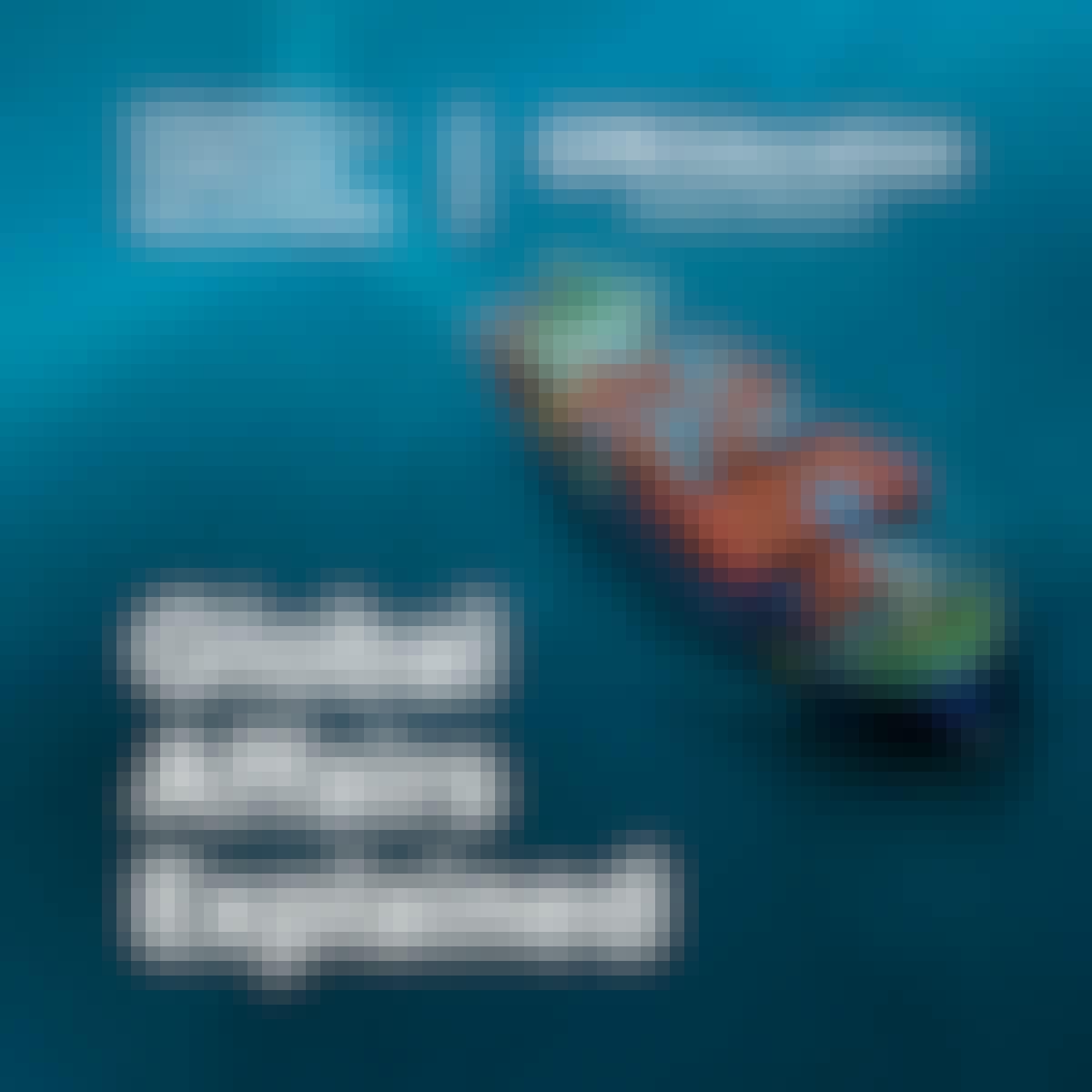 Status: NewNewStatus: Free TrialFree TrialC
Status: NewNewStatus: Free TrialFree TrialCCouncil on Foreign Relations
Skills you'll gain: International Relations, Diplomacy, World History, Political Sciences, International Finance, Public Policies, Policy Development, Policy Analysis, Public Health, Economic Development, Governance, Social Sciences, Immigration Law, Socioeconomics, Culture, Policty Analysis, Research, and Development, Economics, Negotiation, Decision Making, Strategic Thinking
Beginner · Specialization · 3 - 6 Months
 Status: PreviewPreviewU
Status: PreviewPreviewUUniversity of Virginia
Skills you'll gain: European History, World History, International Relations, Social Sciences, Political Sciences, Economics, Socioeconomics, Cultural Diversity, Governance
4.8·Rating, 4.8 out of 5 stars3.1K reviewsBeginner · Course · 1 - 3 Months
 Status: PreviewPreviewU
Status: PreviewPreviewUUniversity of Virginia
Skills you'll gain: World History, International Relations, European History, Political Sciences, Social Sciences, Culture, Economics, Governance
4.8·Rating, 4.8 out of 5 stars1.7K reviewsBeginner · Course · 1 - 3 Months
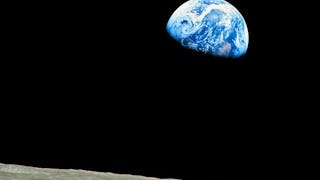 Status: PreviewPreviewU
Status: PreviewPreviewUUniversity of Amsterdam
Skills you'll gain: World History, International Relations, Ancient History, Cultural Diversity, Physical Science, Anthropology, Timelines, Social Sciences, Economics, Policy, and Social Studies, Environment, Biology, Physics, Climate Change Adaptation
4.6·Rating, 4.6 out of 5 stars254 reviewsBeginner · Course · 1 - 3 Months
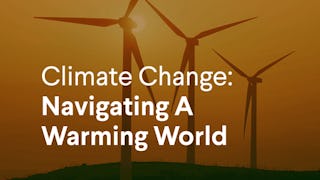 Status: Free TrialFree TrialC
Status: Free TrialFree TrialCCouncil on Foreign Relations
Skills you'll gain: Climate Change Adaptation, Climate Change Mitigation, Environmental Policy, Energy and Utilities, Social Justice, Environmental Issue, Environment, Sustainable Development, Policy Analysis, Public Policies, Emerging Technologies, International Relations, Sustainable Technologies, Diplomacy, Market Dynamics, Sustainable Systems, Environmental Regulations, Ethical Standards And Conduct, Governance, Tax
4.8·Rating, 4.8 out of 5 stars16 reviewsBeginner · Specialization · 3 - 6 Months
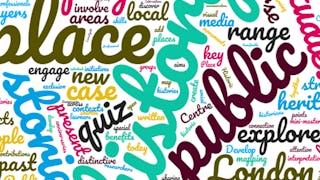 Status: PreviewPreviewU
Status: PreviewPreviewUUniversity of London
Skills you'll gain: Public History, Storytelling, Program Evaluation, Media and Communications, Research, Community Outreach, Timelines, Case Studies, Cultural Diversity, Research Methodologies, Creativity, Interviewing Skills
4.8·Rating, 4.8 out of 5 stars113 reviewsBeginner · Course · 1 - 3 Months
What brings you to Coursera today?
 Status: PreviewPreviewU
Status: PreviewPreviewUUniversity of London
Skills you'll gain: Diplomacy, International Relations, Crisis Intervention, Sustainable Development, Political Sciences, Public Policies, Social Justice, Governance, Advocacy, Policy Analysis, Human Development, World History, Case Studies
4.7·Rating, 4.7 out of 5 stars1.9K reviewsBeginner · Course · 1 - 3 Months
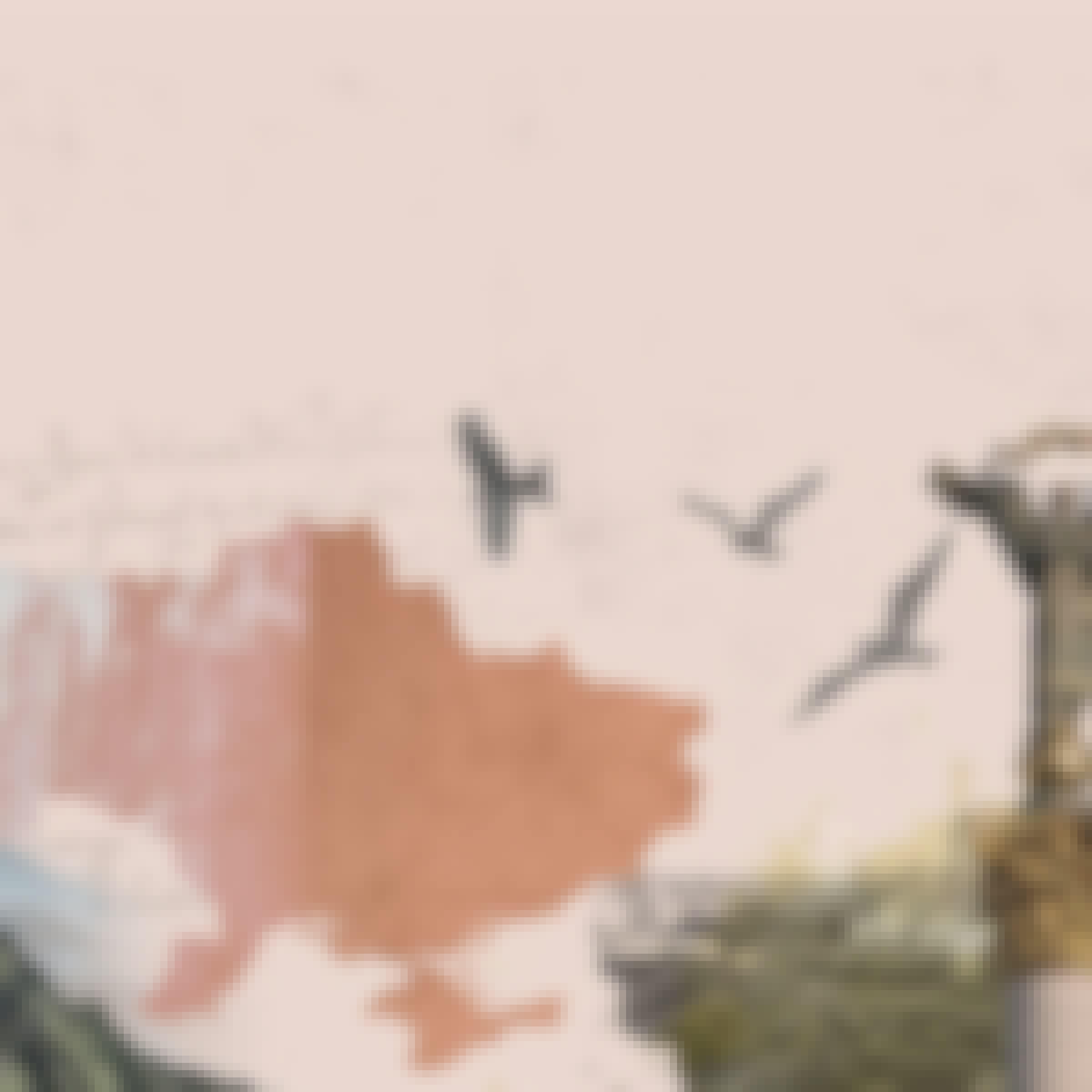 Status: FreeFreeU
Status: FreeFreeUUniversity of Washington
Skills you'll gain: Cultural Diversity, Community Development, Cultural Responsiveness, Culture, European History, Social Studies, World History, Art History, Economic Development, Ancient History, International Relations, Policty Analysis, Research, and Development, Political Sciences
4.7·Rating, 4.7 out of 5 stars331 reviewsBeginner · Course · 1 - 4 Weeks
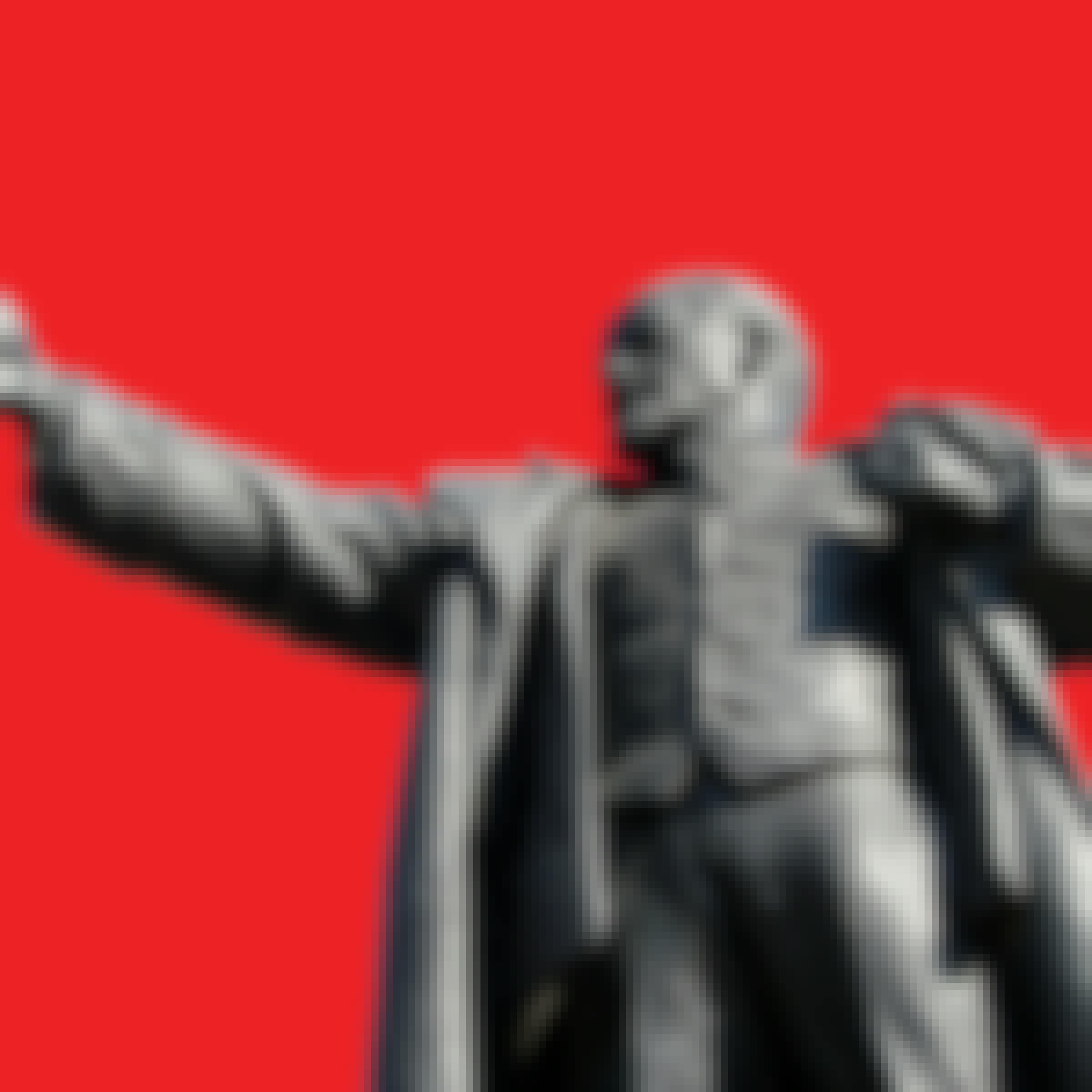 Status: PreviewPreviewU
Status: PreviewPreviewUUniversity of California, Santa Cruz
Skills you'll gain: World History, European History, International Relations, Political Sciences, Social Sciences, Governance, Economics
4.7·Rating, 4.7 out of 5 stars814 reviewsBeginner · Course · 1 - 4 Weeks
 Status: PreviewPreviewY
Status: PreviewPreviewYYale University
Skills you'll gain: Ancient History, World History, European History, Cultural Diversity, Art History, Liberal Arts, Storytelling, Higher Education
4.8·Rating, 4.8 out of 5 stars693 reviewsBeginner · Course · 1 - 3 Months
 Status: PreviewPreviewU
Status: PreviewPreviewUUniversity of Pennsylvania
Skills you'll gain: Case Law, Social Justice, World History, Political Sciences, Storytelling, Policy Analysis, Diversity Awareness
4.8·Rating, 4.8 out of 5 stars24 reviewsBeginner · Course · 1 - 3 Months
 Status: PreviewPreviewU
Status: PreviewPreviewUUniversity of Pennsylvania
Skills you'll gain: Ancient History, Art History, Liberal Arts, Cultural Diversity, World History, Performing Arts, Anthropology, Sociology, Psychology
4.8·Rating, 4.8 out of 5 stars2.6K reviewsMixed · Course · 1 - 3 Months
Searches related to world history
In summary, here are 10 of our most popular world history courses
- Global Affairs Explained: Council on Foreign Relations
- The Modern World, Part One: Global History from 1760 to 1910: University of Virginia
- The Modern World, Part Two: Global History since 1910: University of Virginia
- Big History - From the Big Bang until Today: University of Amsterdam
- Climate Change and Global Affairs: Council on Foreign Relations
- Applied Public History: Places, People, Stories: University of London
- Global Diplomacy: the United Nations in the World: University of London
- Ukraine: History, Culture and Identities: University of Washington
- Russian History: from Lenin to Putin: University of California, Santa Cruz
- A Journey through Western Christianity: from Persecuted Faith to Global Religion (200 - 1650) : Yale University
Frequently Asked Questions about World History
World history is the study of past events, societies, and cultures across the globe. It encompasses a vast array of topics, from ancient civilizations to modern developments, and examines how these historical contexts shape our present and future. Understanding world history is important because it provides insights into the complexities of human behavior, societal changes, and the interconnectedness of cultures. By studying world history, individuals can gain a deeper appreciation for diversity, learn from past mistakes, and recognize patterns that may inform current global issues.
A background in world history can open doors to various career paths. Potential job opportunities include roles in education, such as teaching history at schools or universities, where you can inspire the next generation. Additionally, positions in research, museums, and cultural institutions often seek individuals with a strong understanding of historical contexts. Other career options may include roles in journalism, public policy, and international relations, where historical knowledge can enhance decision-making and communication.
To effectively study world history, certain skills are essential. Critical thinking is crucial for analyzing historical events and understanding their implications. Research skills enable learners to gather and assess information from various sources, while writing skills are important for articulating insights and arguments clearly. Additionally, cultural awareness and empathy can enhance one's ability to appreciate diverse perspectives and narratives throughout history.
There are several online courses available that focus on world history. For instance, The Modern World, Part One: Global History from 1760 to 1910 and The Modern World, Part Two: Global History since 1910 provide comprehensive overviews of significant global events and trends. These courses can help learners build a solid foundation in world history and understand its relevance today.
Yes. You can start learning world history on Coursera for free in two ways:
- Preview the first module of many world history courses at no cost. This includes video lessons, readings, graded assignments, and Coursera Coach (where available).
- Start a 7-day free trial for Specializations or Coursera Plus. This gives you full access to all course content across eligible programs within the timeframe of your trial.
If you want to keep learning, earn a certificate in world history, or unlock full course access after the preview or trial, you can upgrade or apply for financial aid.
Learning world history can be approached through various methods. Start by identifying specific topics or periods that interest you. Online courses, such as those mentioned earlier, can provide structured learning experiences. Additionally, reading books, watching documentaries, and engaging in discussions with others can enhance your understanding. Consider joining study groups or forums to share insights and learn from different perspectives.
World history courses typically cover a wide range of topics, including ancient civilizations, major wars, cultural movements, and the evolution of political systems. Key themes often include the rise and fall of empires, the impact of trade and exploration, and the development of social and economic structures. These courses aim to provide a holistic view of how historical events are interconnected and their lasting effects on contemporary society.
For training and upskilling employees, courses like American History Through Baseball Specialization can provide unique insights into cultural history and its impact on society. Such courses can enhance critical thinking and cultural awareness, valuable skills in diverse workplaces. Additionally, understanding historical contexts can improve decision-making and communication in various professional settings.










